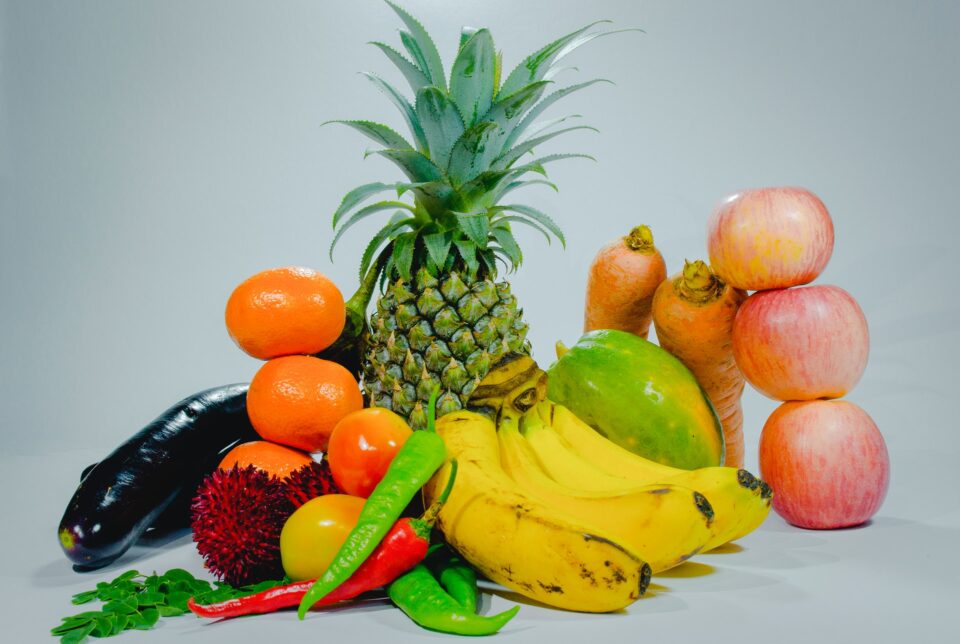Today’s era has advanced to a great extent. But gradually with all advancements and evolution there has also come many disadvantages and fatal issues for the human kind and in fact the entire biosphere.
According to a recent report the human body’s immune system gradually deteriorates by 20% gradually as we grow old which could give rise to various problems, diseases and much more problems in the body.
So, what is it that we as humans must do to protect ourselves from this??
The solution is simple and it is the proper regulatory intake of foods.
It is in fact very evident that no supplements or tablets could increase your immunity. It all depends on one’s personal steps that they take to protect and increase their immunity which gradually helps in increasing the quality of their health and lifestyle.
Here are such 8 important and necessary food intakes that one must follow and have in his diet to boost his/her immunity and gradually even prevent the risk for their respective lives
- Citrus Fruits
Popular citrus fruits include

- Grape fruits
- Lemons
- Oranges
- Tangerines
- Clementines
These citrus fruits which contain vitamin C increase the production of white blood cells that play a very crucial role in fighting against infections. Vitamin C is a type of body requirement but cannot be produced in human bodies. There is still a high need of this vitamin C for the body on a regular basis.
Recommended daily amount of vitamin C for most adults is:
- 75 mg for women
- 90 mg for men
Also vitamin C and citrus fruits might help you recover from a cold quicker
2) Broccoli
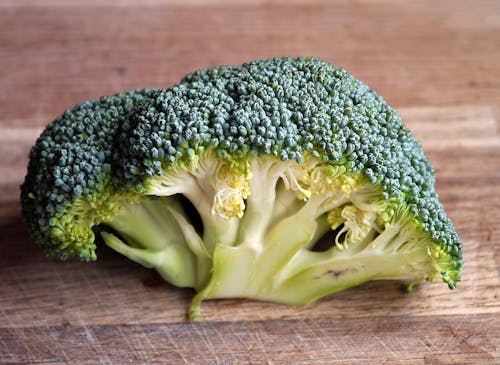
Broccoli is supercharged with vitamins and minerals. Packed with vitamins A, C, and E, as well as fiber and many other antioxidants, broccoli is one of the healthiest vegetables to boost the immune system of the body
Researches have shown that steaming is the best way to keep more nutrients in the food and especially vitamin rich foods like broccoli
3) Garlic
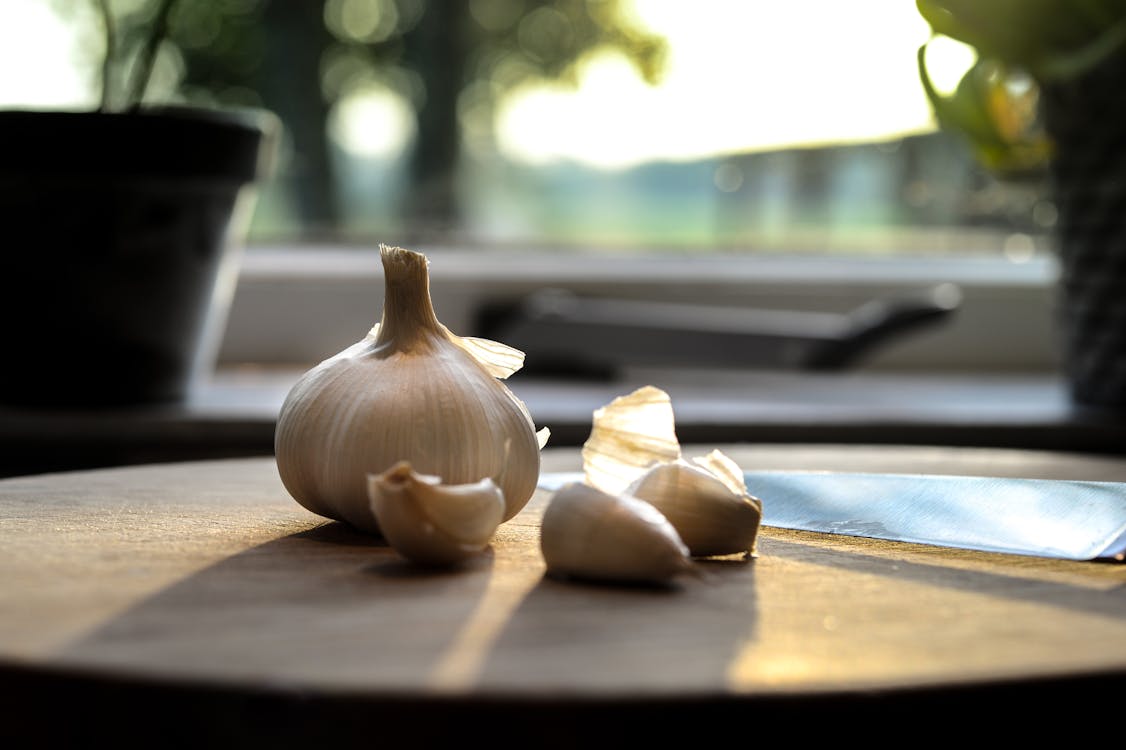
Garlic is found in almost every cuisine in the world. It adds a little zing to food and it’s a must-have for your health.
Early civilizations recognized its value in fighting infections. Garlic may also slow down hardening of the arteries, and there’s weak evidence
Garlic also plays an important role in reducing and lowering blood pressure.
Garlic’s immune-boosting properties seem to come from a heavy concentration of sulfur-containing compounds, such as allicin.
4) Ginger

Ginger is another ingredient many turn to after getting sick. Ginger may help decrease inflammation, which can help reduce a sore throat and inflammatory illnesses. Ginger may help with nausea as well.
While it’s used in many sweet desserts, ginger packs some heat in the form of gingerol, a relative of capsaicin.
Ginger may also decrease chronic pain and also possess cholesterol-lowering properties
5) Spinach
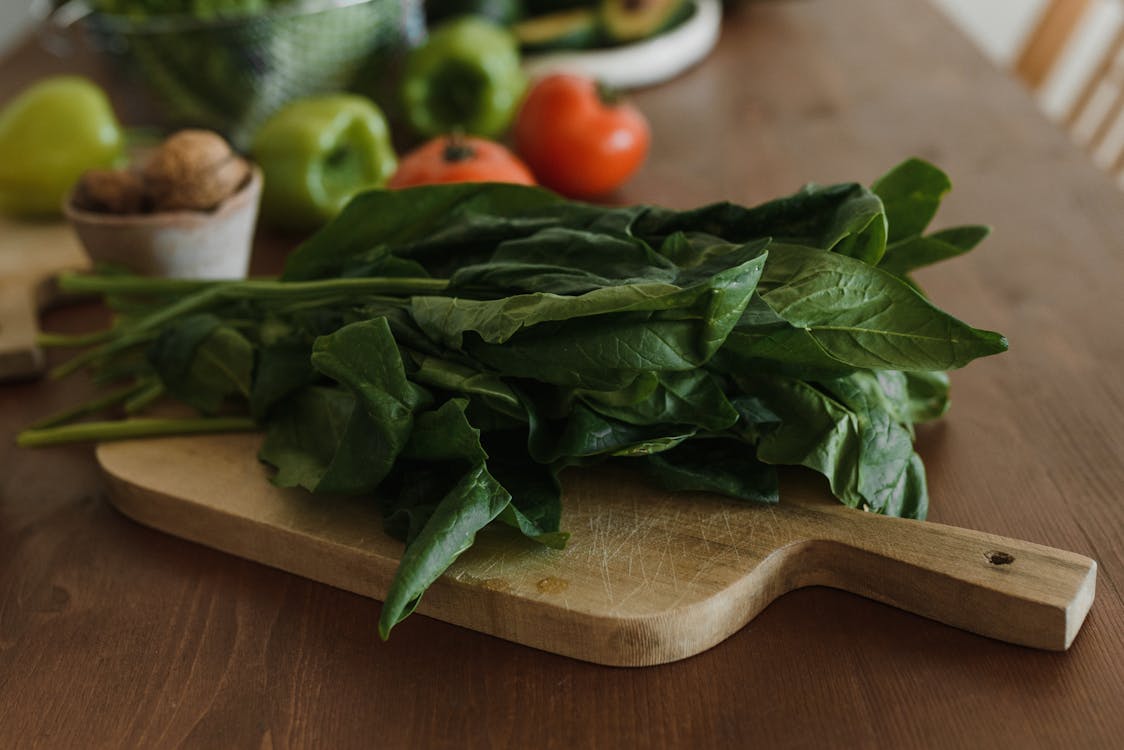
Spinach made our list not just because it’s rich in vitamin C — it’s also packed with numerous antioxidants and beta carotene, which may both increase the infection-fighting ability of our immune systems.
Similar to broccoli, spinach is healthiest when it’s cooked as little as possible so that it retains its nutrients. However, light cooking makes it easier to absorb the vitamin A and allows other nutrients to be released from oxalic acid, an antinutrient.
6) Yogurt
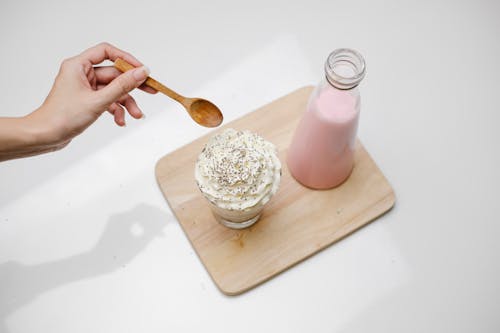
Yogurt has become a widely used ingredient these days. These cultures may stimulate your immune system to help fight diseases. But plain yogurts are those which are to be preferred rather than flavored and those which are loaded with sugar .You can sweeten plain yogurt yourself with healthy fruits and a drizzle of honey instead.
Yogurt can also be a great source of vitamin D and it helps regulate the immune system and is thought to boost our body’s natural defenses against diseases.
Clinical trials are even in the works to study its possible effects on COVID-19.
Probiotics or “good bacteria” present in yogurt can help in boosting your immune function. They help in healthy regulation of the gut, which stimulates your immune response to fighting diseases. Yogurt is also fortified with Vitamin D, which is linked to cold and flu resistance. You can try making fruit smoothies or just throw in some chopped fruits and nuts in a bowl of yogurt for a healthy meal option.
7) Almonds
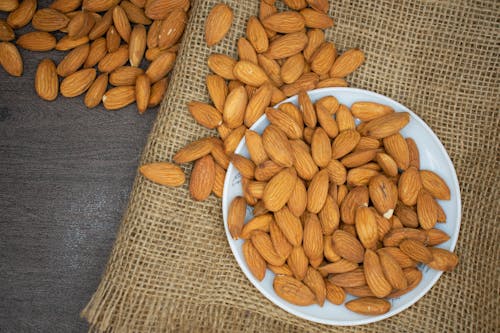
When it comes to preventing and fighting off colds, vitamin E tends to take a backseat to vitamin C. However, this powerful antioxidant is key to a healthy immune system.
It’s a fat-soluble vitamin, which means it requires the presence of fat to be absorbed properly. Nuts, such as almonds, are packed with vitamins and also have healthy fats.
Adults only need about 15 mg of vitamin E each day. A half-cup serving of almonds, which is about 46 whole, shelled almonds, provides around 100 percent
Almonds are a source of 15 nutrients such as magnesium, protein, riboflavin, zinc, etc. In addition to this, they are also high in vitamin E, which acts as an antioxidant to support pulmonary immune function. Vitamin E is also known to offer protection against infections caused by viruses and bacteria. Almonds are a convenient snack that can be eaten anywhere, any time of the day.
8) Turmeric
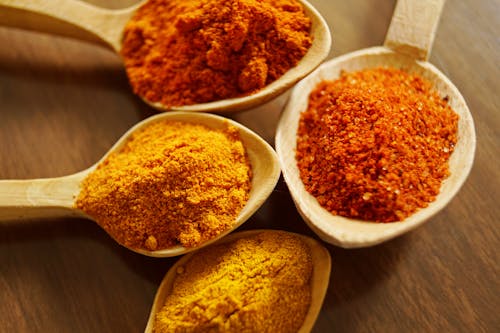
Turmeric is a key ingredient in many curries. This bright yellow, bitter spice has also been used for years as an anti-inflammatory in treating both osteoarthritis and rheumatoid arthritis.
Research shows that high concentrations of curcumin, which gives turmeric its distinctive color, can help decrease exercise-induced muscle damage. Curcumin has promise as an immune booster (based on findings from animal studies) and an antiviral.
Turmeric is a powerful herb with over 300 nutrients including beta-carotene, ascorbic acid (vitamin C), calcium, flavonoids, fiber, iron, niacin, potassium, zinc among others. But the active compound which has caught the attention of scientists, supplement industries and food technologists is curcumin for its anti-inflammatory and anti-bacterial properties.


